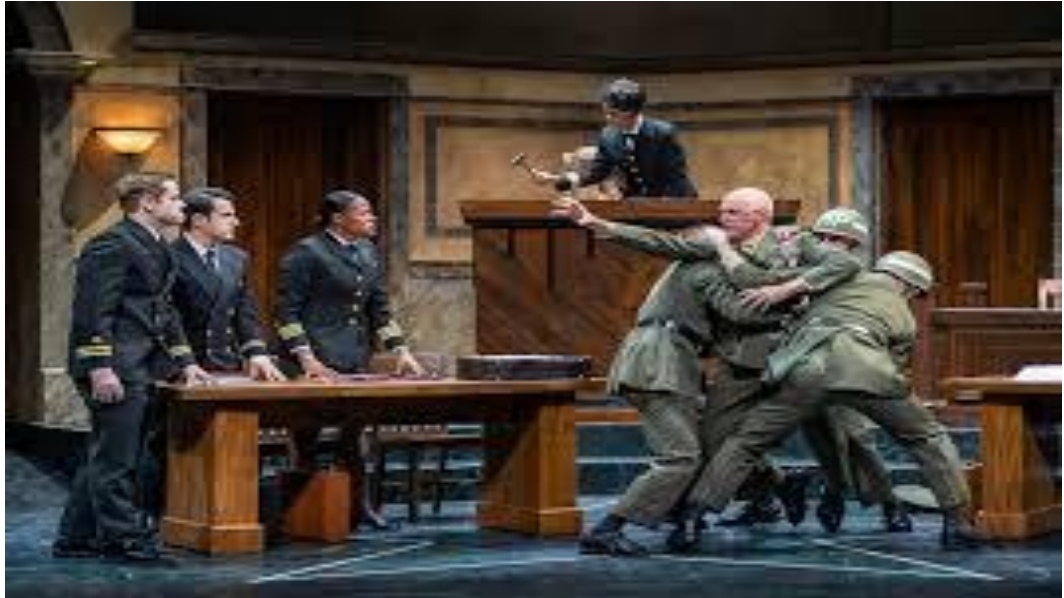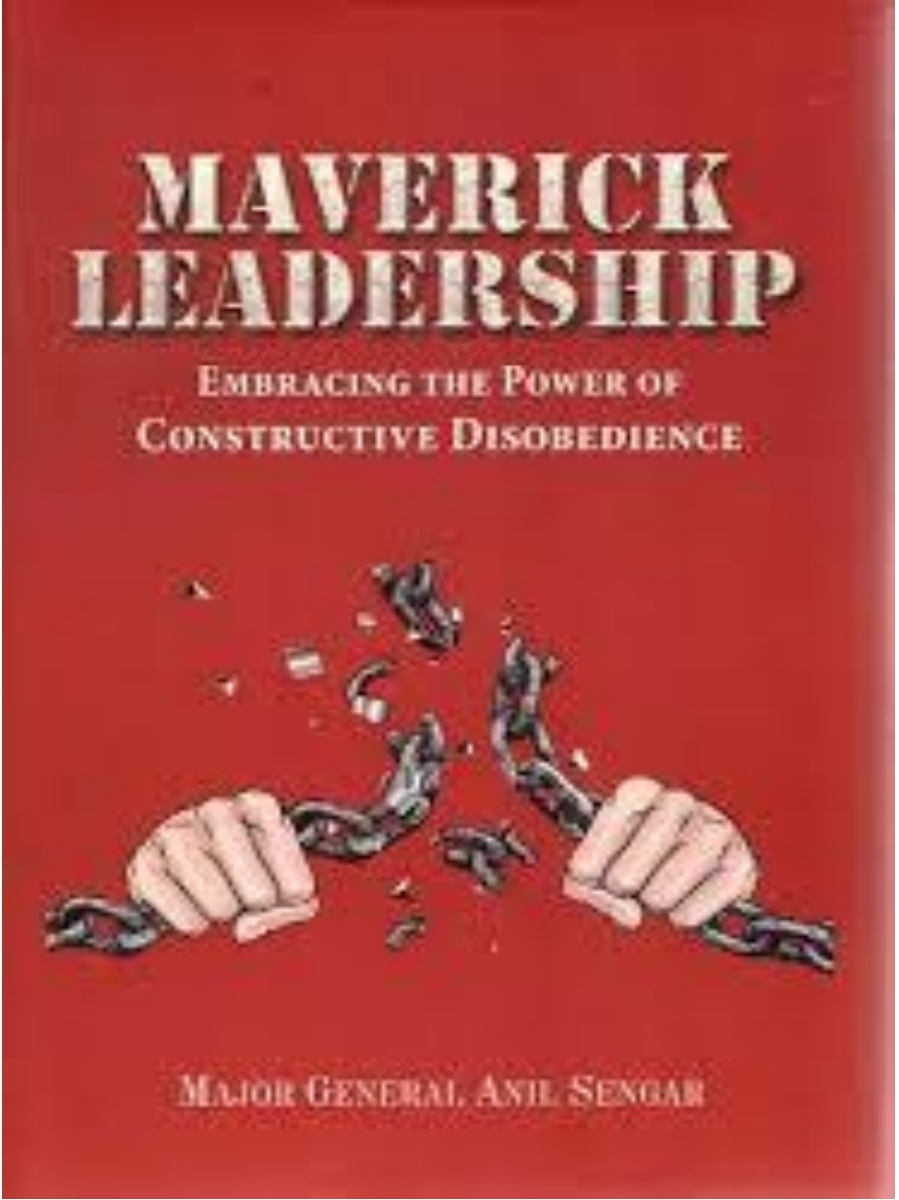Olive Green Memoirs -1 : Honour and Court

By Colonel Akhil Gupta, Retd
I recently saw a 1975 movie “Conduct Unbecoming”, posted on our 52nd NDA Course Group.
The setting of the plot is in British India wherein through a Court Martial, the movie carefully navigates through a military scandal that unravels the relation between honour of the military unit and that of the individual.
The movie though is flat and dull in general but serves an admirable opportunity for layman to peek into military etiquette and regiment traditions amidst intrigue and misconduct in a military unit.
Cast that may stir a few minds are Richard Attenborough of movie – Gandhi and India’s very first entrant in Miss Universe in 1965 – Persis Khambatta.
This movie reminded me of a similar 1992 legal drama A Few Good Men. This one remains memorable with its par excellence performances by Jack Nicholson as Col Jessep of US Marines Corps and Tom Cruise as Lt Keefe a lawyer of Naval Justice Department.
The correctness of Code Red issued by Col Jessep will remain a matter of debate but some of its hard-hitting famous lines have long been immortalised and will forever be true. I quote…

You can’t handle the TRUTH…. Son, we live in a world that has walls, and those walls have to be guarded by men with guns. Who’s gonna do it? You? You, …? I have a greater responsibility than you could possibly fathom…. You have the luxury of not knowing what I know; that Santiago’s death, while tragic, probably saved lives. And my existence, while grotesque and incomprehensible to you, saves lives.”

“You don’t want the truth … You need me on
that wall. I have neither the time nor the
inclination to explain myself to a man who
rises and sleeps under the blanket of the very
freedom that I provide and then questions
the manner in which I provide it. I would
rather that you just said “thank you” and went on your way.”

The concept that honour of all 3 – the Nation, Military (Paltan) and the Individual must always be aligned under all circumstances is ideal and desirable. But is it always practical?No. In real life do they always coincide? Seldom.
Unfortunately, this leaves plenty of room for imagination and interpretation. One is left with few choices in distinguishing between integrity or loyalty and mutiny or obedience.
Interests of one or the other are sacrificed depending on each individual’s core values and significance of the task.
This has also been debated frequently – in Nuremberg Trials, over war in Vietnam and even our own 1965 and 1971 wars with Pakistan. A recent book by Gen Sengar “Embracing the Power of Constructive Disobedience” dwells on it with flair.
I went through a personal dilemma in 1994.
I recall that how thin the red line is and how much of grey area that exists, when I was informed that a soldier from a co-unit of the AD Brigade had requested my name for nomination as his defending officer in a GCM- General Court Martial.
I believe this was a ruse. We had not come across each other. Never ever. The authorities probably expected me to go through the motions.
Thus, though quite surprised with this development and having no previous experience, I took upon the task diligently.
Armed with 2 bulky volumes of MIML –Manual of Indian Military Law and an equally bulky DSR – Defence Service Regulations duly marked and flagged in the past in preparation for my Part D Promotion Exams and Staff College, Wellington exams, I set about it very professionally.
The GCM had high ranking members as usual, along with a representative from the Judge Advocate General (JAG) Branch to ensure all rules and regulations are impeccably adhered to and the trial is just and fair.
The charge was molestation of another soldier’s wife living in allotted married accommodation. Evidence in the form of witness existed who had seen the accused entering the house more than once. The accused pleaded NOT Guilty.
Now, I was bound by law to defend him till the very end. The accused confessed that he had entered the house on multiple occasions in presence and as well in absence of the husband.
I applied for cancellation of GCM with my plea that no case existed since no witness claimed that they had neither heard any distress call in the form of any shout or call for help from her nor did she bring it up later over the next few days.
Its only when the husband, who had been away for a month on duty, reported the matter on arrival did the wheels start churning.
Soon the messages started flying that I, as the Defending Officer was not towing the official line in connivance possibly with the JAG Branch military lawyer.
An unofficial reprimand through my Commanding Officer was passed on to me.
Fortunately, my learned Prosecution Officer as per the grapevine had contacted a civil lawyer and presented us a precedence ruling stating that there exists a possibility that Indian women may submit quietly to molestation and outrage of modesty to avoid shame and disrepute.
Unable to counter it with my little knowledge of MIML, it was accepted since the Law of the Land is higher than Military Law.
My plea was set aside.Undeterred, I did not relent. I was supposed to fight for the accused till he pleads guilty or proven otherwise.
I capitalised on the fact that it is virtually impossible to nail a person for molestation unless an eye witness comes forward. The case was dragging.
It was becoming clearer with every passing day that the accused will get away. This is when I was summoned again.
An appeal was made to my conscience as an army officer as to what was more important – Maintenance of a cohesive military fabric or to strive for purity of justice in absence of indisputable proof.
I was convinced that the accused was having an illegitimate affair with the lady with her consent.
Such an incident was highly detrimental to military discipline and must be dealt with harshly.
Moreso, because military families tend to stay away for long durations without their husbands who have to perforce go on field/ border duties.
Hence, in such cases exemplary punishments must be awarded. It would have been a travesty of justice if he was allowed to go scot-free ultimately becoming a harbinger of bigger problems.
It’s then, I relented. I slowed down on resisting and contradicting. I stopped doing what I ought to have done i.e. defend the accused with all might at my disposal.
The accused was smart and confronted me that I was not helping him now to win the case. He was right. I had no answer. I took the next best approach with him and tried to convince him to plead guilty and get the minimum sentence/ punishment.
The case was closed soon.In the final analysis, I am glad that in order to uphold the honour of military traditional fabric intact, I deliberately failed in my ordained duties.
Of course, the scale was much smaller and stakes for me nil. My role was quietly acknowledged for being true to the military order and discipline, and received an Honorarium of a Rs 1500/.
A princely sum in 1994.I strongly believe that anyone who exhibits an intent of a non-bailable offence or against the nation must be severely dealt with.
Such cases must be nipped in the bud to prevent any possibility of occurrence at all.
This is however NOT accepted in Indian jurisprudence. Irrefutable evidence of intentions of tukde – tukde gangs or urban naxals and so many others are not found adequate by our honourable judges in the Supreme/ High Courts.
The accused have been let off time and again in absence of evidence of commission of offence.
I stand by the dictum that to save many lives, if need be, we must be willing to sacrifice a few.




